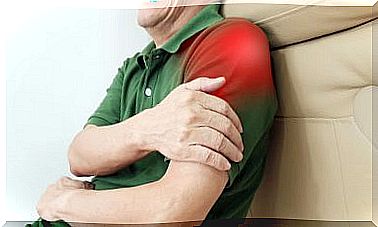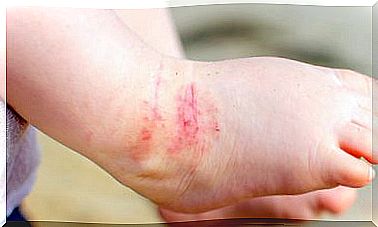Good Pharmaceutical Care
Some people believe that the role of the pharmacist is to sell drugs or any product available to the patient without further involvement. However, the role of a pharmacist goes beyond simple customer service.
It is true that many professionals in this area assume this role without establishing a relationship with the patient. However, many do fulfill their role in the health area, which is essential when it comes to avoiding medication errors and improving treatment.
How is pharmaceutical care defined?
In technical terms, pharmaceutical care is the active participation of the pharmacist in patient care. In this way, it complies with the dispensing and monitoring of pharmacotherapeutic treatment, cooperating with the doctor and other health professionals.
In other words, good pharmaceutical care consists of informing the patient when he is going to dispense the required medicine about the important aspects that he must take into account, for example:
- Route of administration of the drug.
- Adverse reactions.
- Dosage, that is, if the drug has not been prescribed by the doctor, the pharmacist must inform the patient about when it is better to take the drug, the recommended doses and the frequency of administration.
- How to store the medicine.
- Other important characteristics to take into account of the drug.
If the patient is following a certain treatment, the pharmacist must be interested in its evolution and know if it is being effective.
With this, it tries to cooperate with the health personnel by developing good pharmaceutical care. In the event that treatment is failing, it proposes changes and improvements to ensure the patient’s health.
The role of the pharmacist in providing good pharmaceutical care

The pharmacist is committed to trying to meet the objective of guaranteeing therapeutic efficiency and efficacy, as well as the safety and quality of life of the patient.
Ultimately, the pharmacist knows the difficulty involved in establishing a good risk-benefit ratio over pharmacotherapeutic treatments. Therefore, you must be attentive to opportunities for improvement in the quality of the drug therapy that the patient receives and identify those that prevent a good therapeutic result.
In order to achieve its objectives, the pharmacist must carry out a series of activities related to good pharmaceutical care, which will be explained below.
Pharmacist characteristics
These are the characteristics that a good pharmacist must meet:
- Decision maker : must have the ability to evaluate, summarize data and information and decide on the most appropriate line of therapeutic action.
- Communicator : must be knowledgeable and confident while interacting with other healthcare professionals and the patient. Communication includes verbal, non-verbal, listening, and writing skills.
- Caregiver : pharmacists provide care services, therefore their practice must be integrated and continuous with those of the health care system.
- Manager : professionals in this area must be able to effectively manage available resources and information.
- Permanent student : the concepts, principles and obligations of continuing education must begin while studying the pharmacy degree and must be maintained throughout the career as a pharmacist.
- Teacher : The pharmacist has the responsibility to assist in the education and training of future generations of pharmacists and the public.
- Investigator : must be able to use the evidence base effectively to advise on the rational use of medicines. You should share and document experiences in order to contribute to the evidence base with the goal of optimizing patient care.
- Leader : leadership involves concern and empathy, as well as vision and the ability to make decisions, communicate them, and manage them effectively.
Medication-related problems (PRM)

Among the services that good pharmaceutical care offers is that of pharmacotherapeutic follow-up. As mentioned above, it is defined as the professional practice in which the pharmacist takes responsibility for the needs of the patient related to medicines.
It does this by detecting, preventing, and resolving medication-related problems (PRM).
This monitoring must be done continuously, systematically and documented, in collaboration with the patient himself and with other professionals in the health system. The aim is to achieve results that improve the quality of life of the patient.
Now, what is a PRM? It is a health problem due to drug therapy, which interferes or may interfere with the expected health results in the patient.
In order to understand this definition, we must know the meaning of a health problem. It refers to any complaint, observation or fact that the patient or healthcare personnel perceive, as a deviation from normality that has affected, may affect or affects the functional capacity of the patient.
Types of medication errors

When we talk about PRM, we mean that something has not worked as it should. This can happen well because:
- The desired effect has not occurred.
- An unintended effect has occurred.
- There is a question of non-necessity.
In accordance with the above, the problems related to medication that can be avoided thanks to good pharmaceutical care can be classified according to three types of major failures:
- Lack of effectiveness of therapeutics.
- Treatment safety issues.
- Faults that affect the need or not for medication.
In addition, depending on whether they are qualitative or quantitative in the case of lack of effectiveness or safety, they could be classified in a higher order.









